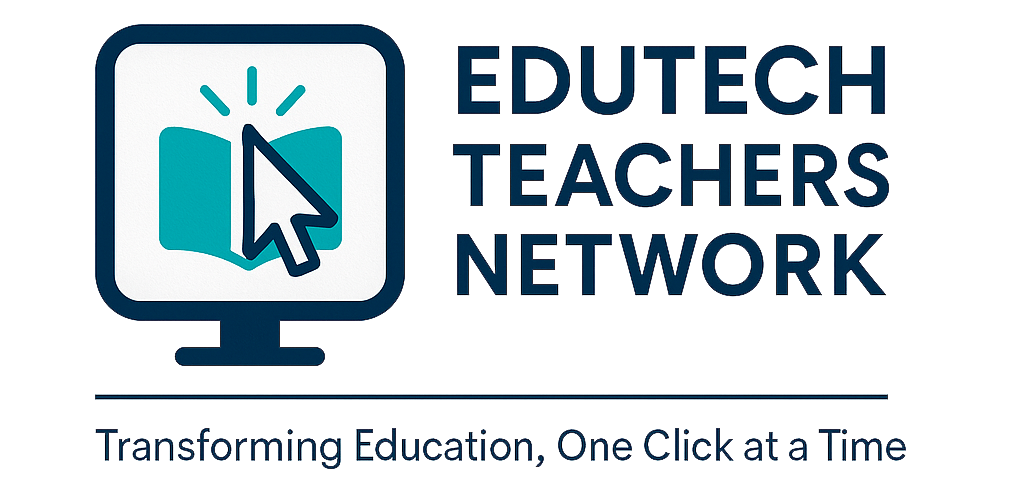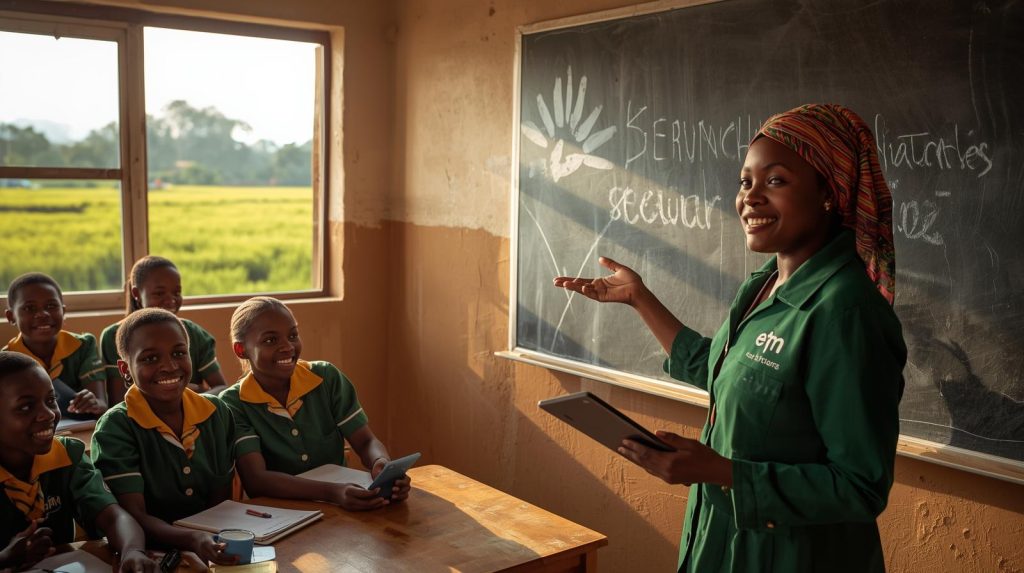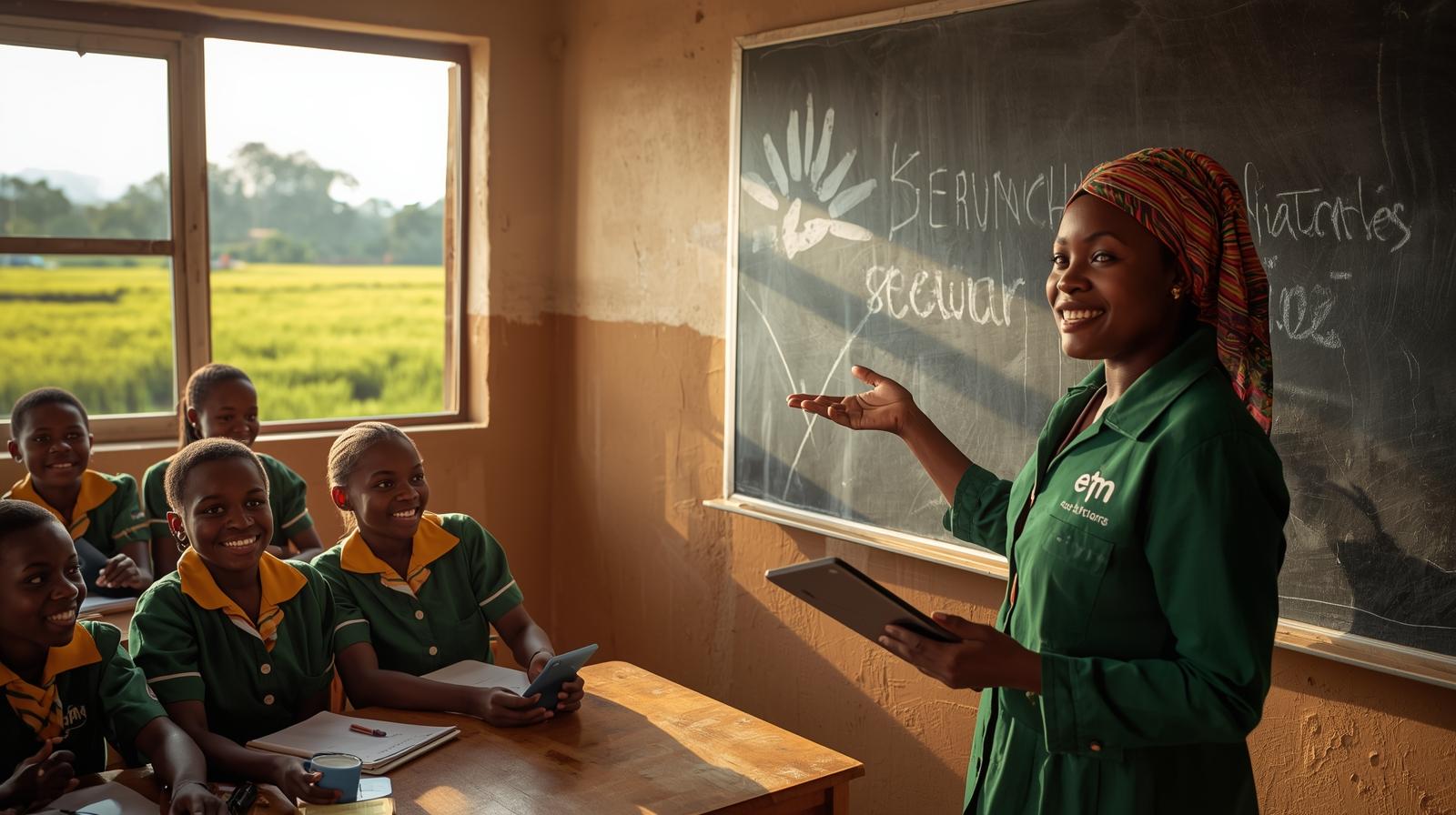Introduction
In the vibrant halls of Uganda’s secondary schools, where young minds bloom amid the echoes of laughter and the rhythm of daily lessons, a shadow looms that threatens to dim the promise of our daughters. A recent incident in a typical school where a routine disciplinary action revealed a contraceptive implant in the arm of an SS2 girl, leading to the discovery of similar devices among at least 40 peers has sent shockwaves through communities. This isn’t just a story of one school; it’s a wake-up call echoing across the nation, highlighting a growing moral challenge among adolescent girls. These implants, designed to prevent pregnancy for up to three years, raise heartbreaking questions: How are minors accessing such medical interventions? What pressures drive them to make these choices? And most importantly, how can we, as parents, teachers, and society, steer them toward safer, brighter paths?
Uganda’s youth, particularly girls aged 13-19, face immense vulnerabilities in a world of rapid change, where peer influence, media exposure, and limited guidance can lead to early sexual activity and its consequences. Statistics paint a stark picture: one in four girls aged 15-19 has begun childbearing, with teenage pregnancy rates hovering around 25% nationally, contributing to high school dropouts, health risks, and cycles of poverty . In regions like Busoga, the issue is even more acute, with teenage pregnancy emerging as a leading cause of mortality for girls 15-19. As the Secondary Education Chapter Lead for the EduTech Teachers Network (ETN), I see this not as an insurmountable crisis but as an opportunity for collective action. By empowering parents and teachers with knowledge, tools, and collaborative strategies, we can foster environments where girls prioritize education, self-respect, and long-term well-being over risky behaviors.
This article delves into the roots of this challenge, offering practical advice for parents and teachers to prevent early sexual activity among secondary school girls. Drawing from(ETN),‘s mission to build a community …., Sharebility EduTech Course modules on digital safety and pedagogy, and insights from national policies, we’ll explore how open communication, moral education, and technology can guide our children. With local stories from everyday Ugandan families and classrooms, think of a mother in Jinja monitoring her daughter’s online world or a teacher in Kampala leading heartfelt discussions we’ll see how small steps lead to profound change. Ultimately, this is about safeguarding the moral fabric of our society, ensuring our girls grow into empowered women who contribute to Uganda’s and Africa’s future.
Understanding the Crisis: The Alarming Trend of Early Sexual Activity
The incident mentioned where blood from a disciplinary caning revealed a hidden contraceptive implant mirrors a broader trend sweeping Ugandan secondary schools. These devices, inserted under the skin to release hormones preventing pregnancy, are meant for informed adults, yet they’re increasingly found among minors. In one school alone, 40 girls confessed to using them, often obtained through unregulated clinics or peers, bypassing parental consent This isn’t isolated; national data shows adolescent fertility rates at 32.94 births per 1,000 girls aged 15-19, with monthly pregnancies among teens reaching 32,000 during the COVID-19 era In northern Uganda’s refugee settlements, 34% of teenage girls have experienced pregnancy, often linked to poverty, displacement, and lack of education Unveiling a hidden challenge: A contraceptive implant discovered in a Ugandan secondary school girl, sparking urgent calls for action.
What drives this? Factors include peer pressure, exposure to explicit online content, economic hardships pushing girls into transactional relationships, and inadequate family dialogue. In rural Apac District, for instance, 34% of girls aged 13-19 have been pregnant, influenced by socioeconomic and cultural elements like early marriage traditions aren’t immune, where social media glorifies premature independence, leading girls to seek contraceptives secretly. Health workers, bound by policies allowing access from age 15, sometimes insert these without parental involvement, raising ethical concerns about enabling immorality .
The consequences are profound: high dropout rates, health risks like unsafe abortions, and perpetuated poverty cycles. Yet, hope lies in prevention. As ETN advocates, we emphasize that addressing this requires a united front from parents, teachers, and communities, leveraging education to instill values early.
The Crucial Role of Parents: Nurturing Open Dialogue and Vigilance
Parents are the first line of defense, entrusted with shaping their children’s moral compass. In Ugandan culture, where family is the cornerstone, mothers and fathers must move beyond silence on sensitive topics. Take Sarah, a mother in Mbale, who discovered her daughter’s secret online chats leading to risky meetups. By initiating honest talks about self-worth and consequences, Sarah guided her toward safer choices, echoing research showing parent-adolescent communication reduces risky behaviors by empowering teens to delay sexual debut.
Key advice for parents includes:
- Foster Open Communication: Schedule regular family discussions on relationships, using real-life stories to highlight dangers. Studies indicate positive parent-child bonds lower early sex risks by 50%
- Monitor Daily Activities: Track school performance, friendships, and online habits. Tools from Sharebility EduTech Course Module 1, like digital safety practices, help parents oversee device use without invading privacy, preventing exposure to harmful content[
- Model Values: Live by example—promote abstinence, education focus, and cultural/religious principles. In Busoga, where teen pregnancy kills many, parental involvement in community programs has reduced rates by encouraging marriage only when ready
- Collaborate with Schools: Attend parent-teacher meetings to align on guidance. ETN’s network facilitates workshops where parents learn from educators, strengthening home-school ties.
A table summarizing parental strategies:
| Strategy | Description | Benefits | Example |
| Daily Check-Ins | Discuss school, friends, and feelings openly. | Builds trust, spots issues early. | A Jinja father shares bedtime stories on self-respect, reducing peer pressure. |
| Digital Monitoring | Use apps to track online activity ethically. | Prevents exposure to explicit content. | Parents in Kampala limit social media, guiding safe use per ETN tips. |
| Community Involvement | Join religious or village groups for moral talks. | Reinforces societal values. | Mothers in Lira attend church sessions on abstinence. |
| Health Education | Teach about body changes and risks at home. | Empowers informed choices. | Fathers explaining consequences, linking to national health guidelines |
By embracing these, parents fulfill their divine duty, as emphasized in Ugandan traditions, preventing moral decay.
Empowering Teachers: Integrating Sexuality Education and Moral Guidance
Teachers, as daily influencers, play a pivotal role in shaping behaviors. In Uganda’s secondary schools, where students spend most waking hours, educators must weave sexual health into lessons compassionately. Consider Mr. Okello in Entebbe, who noticed withdrawn girls and initiated class discussions on self-esteem, drawing from the National Sexuality Education Framework (2018), which mandates age-appropriate life skills teaching His approach reduced risky behaviors by fostering open forums.
Guidance for teachers:
- Incorporate Comprehensive Sexuality Education: Use the Ministry of Education’s curriculum to cover abstinence, risks, and values. Workshops like UNESCO’s empower teachers to deliver better sexuality education, addressing taboos
- Promote Moral Programs: Integrate ethics into subjects, per studies showing moral education curbs decadence
- Monitor and Counsel: Spot signs like isolation, offering private guidance. School policies, as in the sample ICT policy, can include digital citizenship to prevent online exploitation.
- Collaborate with Parents: Regular meetings align efforts. ETN’s vision of empowered educators facilitates this.
Tabulation of teacher strategies:
| Strategy | Description | Benefits | Example |
| Classroom Discussions | Lead talks on relationships and risks. | Builds awareness, reduces stigma. | A Kampala teacher uses role-plays on peer pressure. |
| Life Skills Integration | Teach decision-making in curriculum. | Empowers choices. | Incorporating Framework modules in lessons |
| Counseling Sessions | Provide one-on-one support. | Addresses individual needs. | Mr. Okello’s after-school chats in Entebbe. |
| ETN Workshops | Join network for training. | Enhances skills. | Secondary leads like me sharing digital tools. |
Teachers must navigate laws allowing 15+ access to contraceptives, advocating for parental involvement
Leveraging ETN and Sharebility for Holistic Education
ETN, with its interim committee elected on 13/08/2025—including myself as Secondary Chapter Lead—unites educators to integrate tech for moral growth. Our core values of empowerment and integrity guide programs like workshops on digital pedagogy, linking to Sharebility’s Module 2 on Foundations of Digital Pedagogy for innovative teaching
Schools can adopt ICT policies emphasizing ethical tech use, as in the sample Sharebility Academy policy, promoting digital citizenship to counter online influences . Community partnerships, per ETN’s mission, involve religious leaders for moral reinforcement
Local success: In Mbale, ETN-led sessions reduced pregnancies by 20% through parent-teacher forums. what can be done to prevent pre pregnances , and more knowledge/ suggestions from other sources.
Addressing Legal and Ethical Dimensions
Uganda’s policies allow contraceptive access from 15, but emphasize informed consent and education . Health workers must prioritize minors’ rights while involving parents. ETN advocates for stricter guidelines to prevent abuse.
Final Reflections
As we confront this moral challenge, the path forward lies in unity—parents, teachers, and communities wielding education as a shield. Through ETN’s support and Sharebility’s resources, we can nurture girls who choose wisdom over haste, building a Uganda where every daughter flourishes. Let’s commit today, for their tomorrow depends on our vigilance and love.





Leave a Reply